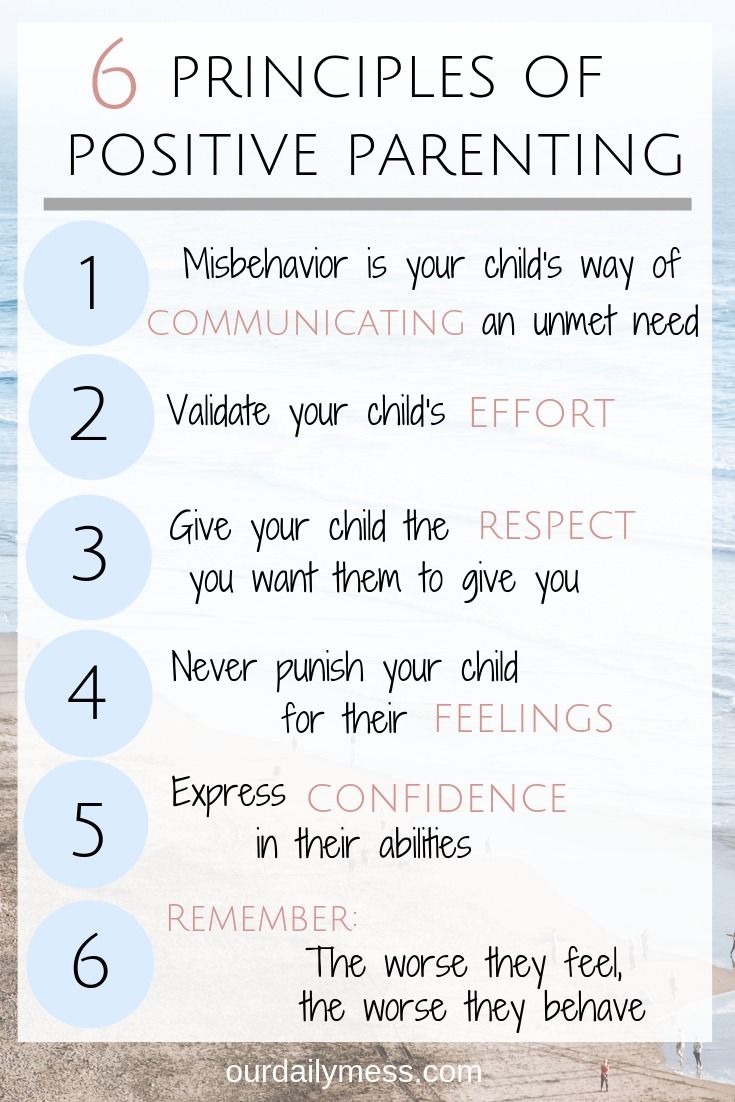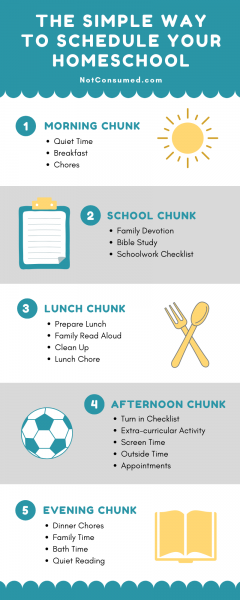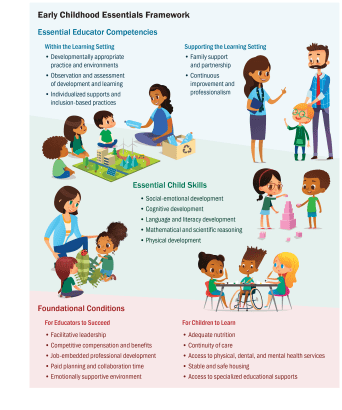Choosing a parenting style is one of the most important decisions parents face. Each family is unique, and what works for one may not work for another. However, understanding the benefits of different parenting styles can help you make an informed decision that aligns with your family’s values and goals. In this blog post, we will explore different parenting styles and their advantages to help you determine what works best for your family.
1. Authoritarian Parenting:
Authoritarian parenting emphasizes strict rules and high expectations. While this style may seem strict, it can provide children with structure and discipline. Set boundaries and clear expectations can help children develop a strong sense of responsibility and self-control. However, it is important to balance discipline with love and emotional support.
2. Permissive Parenting:
Permissive parenting is characterized by a lack of rules and high levels of warmth and support. This style can create a nurturing and loving environment, allowing children to explore and express themselves freely. It can also foster independence and creativity. However, it is crucial to ensure that limits and boundaries are set to prevent children from developing a sense of entitlement or lacking self-discipline.
3. Authoritative Parenting:
Authoritative parenting strikes a balance between structure and flexibility. It involves setting clear expectations and boundaries while also encouraging open communication and independence. This style promotes a healthy parent-child relationship based on mutual respect and understanding. It can facilitate the development of self-confidence, self-esteem, and problem-solving skills.
4. Uninvolved Parenting:
Uninvolved parenting is characterized by minimal emotional involvement and low demands on children. While not recommended, in certain situations where parents are overwhelmed by their own challenges, this style may inadvertently arise. However, this parenting style can have negative consequences on a child’s emotional well-being, self-esteem, and academic performance. Seeking support and balancing personal challenges while being involved in a child’s life is important.
5. Gentle Parenting:
Gentle parenting focuses on empathy, respect, and understanding. It emphasizes positive reinforcement, open communication, and non-punitive discipline strategies. This style promotes a strong emotional connection between parents and children. It encourages children to develop critical thinking skills, empathy, and a healthy understanding of consequences.
Ultimately, there is no one-size-fits-all parenting style. Each family is unique, and it is important to consider your child’s temperament, developmental stage, and your individual circumstances when determining the most suitable parenting approach. It is also essential to stay flexible and adapt your parenting style as your child grows and develops.
In conclusion, understanding the benefits of different parenting styles can empower you to make an informed decision that best suits your family. Whether you choose to be authoritative, authoritarian, permissive, or adopt a gentle approach, the key is to maintain a loving, supportive, and nurturing environment for your child’s optimal growth and development. Remember, what works best for your family may not work for others, so trust your instincts and be responsive to your child’s needs.











